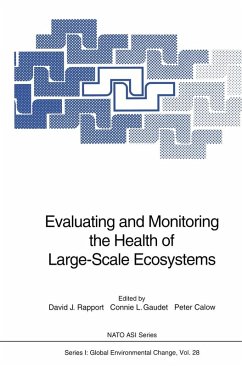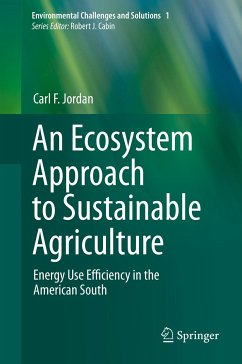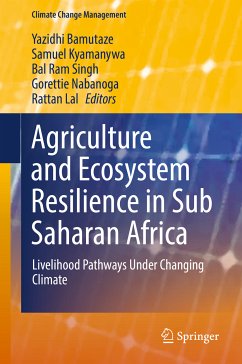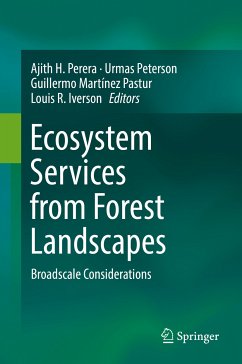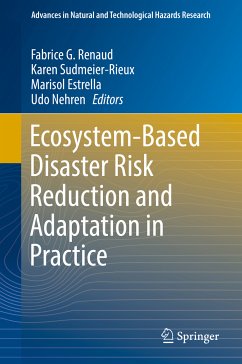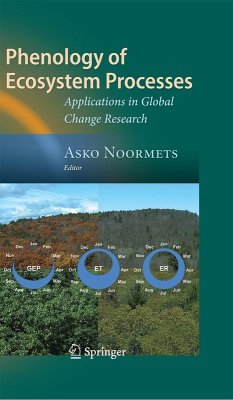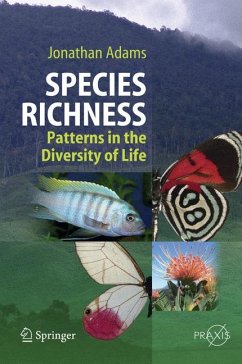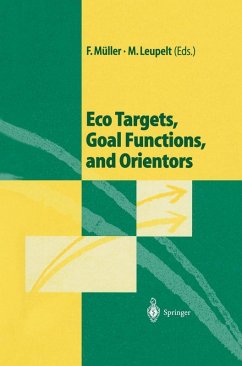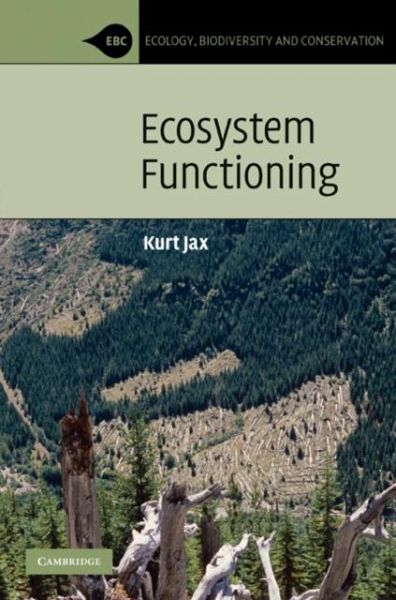
Ecosystem Functioning (eBook, PDF)
Versandkostenfrei!
Sofort per Download lieferbar
46,95 €
inkl. MwSt.
Weitere Ausgaben:

PAYBACK Punkte
23 °P sammeln!
In the face of decreasing biodiversity and ongoing global changes, maintaining ecosystem functioning is seen both as a means to preserve biological diversity as well as for safeguarding human well-being by securing the services ecosystems provide. The concept today is prominent in many fields of ecology and conservation biology, such as biodiversity research, ecosystem management, or restoration ecology. Although the idea of ecosystem functioning is important, the concept itself remains rather vague and elusive. This book provides a novel analysis and integrated synthesis of different approach...
In the face of decreasing biodiversity and ongoing global changes, maintaining ecosystem functioning is seen both as a means to preserve biological diversity as well as for safeguarding human well-being by securing the services ecosystems provide. The concept today is prominent in many fields of ecology and conservation biology, such as biodiversity research, ecosystem management, or restoration ecology. Although the idea of ecosystem functioning is important, the concept itself remains rather vague and elusive. This book provides a novel analysis and integrated synthesis of different approaches to conceptualising and assessing ecosystem functioning. It links the natural sciences with methodologies from philosophy and the social sciences, and introduces a new methodology for a clearer and more efficient application of ecosystem functioning concepts in practice. Special emphasis is laid on the social dimensions of the concept and the ways it influences research practice. Several case studies relate theoretical analyses to practical application.
Dieser Download kann aus rechtlichen Gründen nur mit Rechnungsadresse in A, B, BG, CY, CZ, D, DK, EW, E, FIN, F, GR, HR, H, IRL, I, LT, L, LR, M, NL, PL, P, R, S, SLO, SK ausgeliefert werden.




